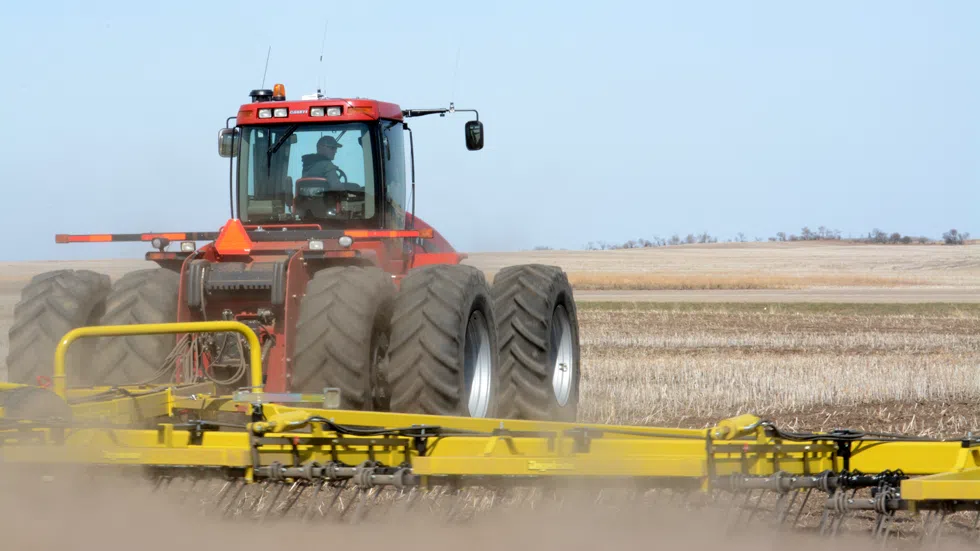
Ritz says agriculture will suffer with new carbon tax
Battlefords-Lloydminster M.P. Gerry Ritz is adding his voice to those staunchly opposed to the Government of Canada’s new carbon tax plan, saying it will hurt people the most who can afford it the least.
The government introduced its new 26-page plan on how it would deliver its federal carbon tax on May 17, which includes taxes on gasoline and carbon dioxide emissions.
“No one else in the world has a carbon tax right now,” Ritz argued. “Australia had one for a few years but then saw their GDP (Gross Domestic Product) drop significantly they actually pulled it.”
The document shows the Liberal will impose an 11-cent per litre gasoline tax by 2022 and a $10 per tonne tax on carbon dioxide emissions in 2018, which will increase to $50 a tonne by 2022.


